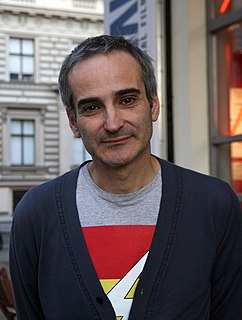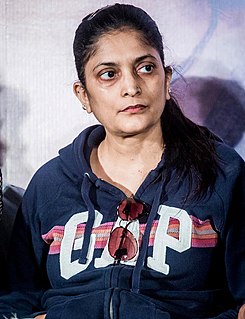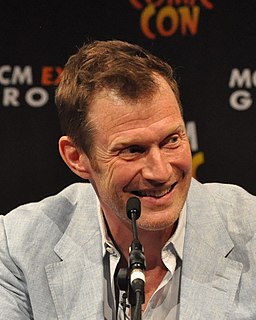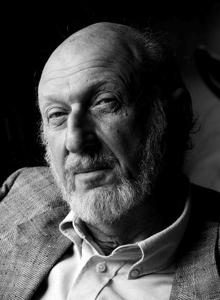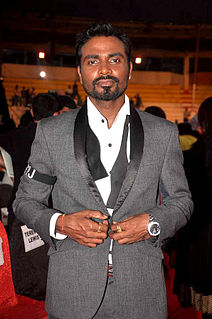A Quote by Colin Farrell
If you need to get in physical shape for a film and you have to maintain that for six months, at the start of the film, I was never able to do it.
Related Quotes
Promoting a film can get tiring but if you find a clever way to promote it, it can be fun. Also, it is not fair to yourself and the film if you don't promote it. You've worked hard for the film for the past six or eight months and then if you don't give it your all and create awareness among the people then it is not fair.
I hate to write and spend months just waiting for the film to get financed. Then when you start preparing the film and you shoot it, you've already forgotten why you wanted to make the film in the first place. I like to have some kind of coherent energy that takes you through writing, preparing, shooting.
When you are shooting over a period of six months, you tend to forget how dark or bright it was. And when you are using different technologies, having a look book helps during the final grading of the film. So you can design what the film is going to look like even before the colouring process begins.



